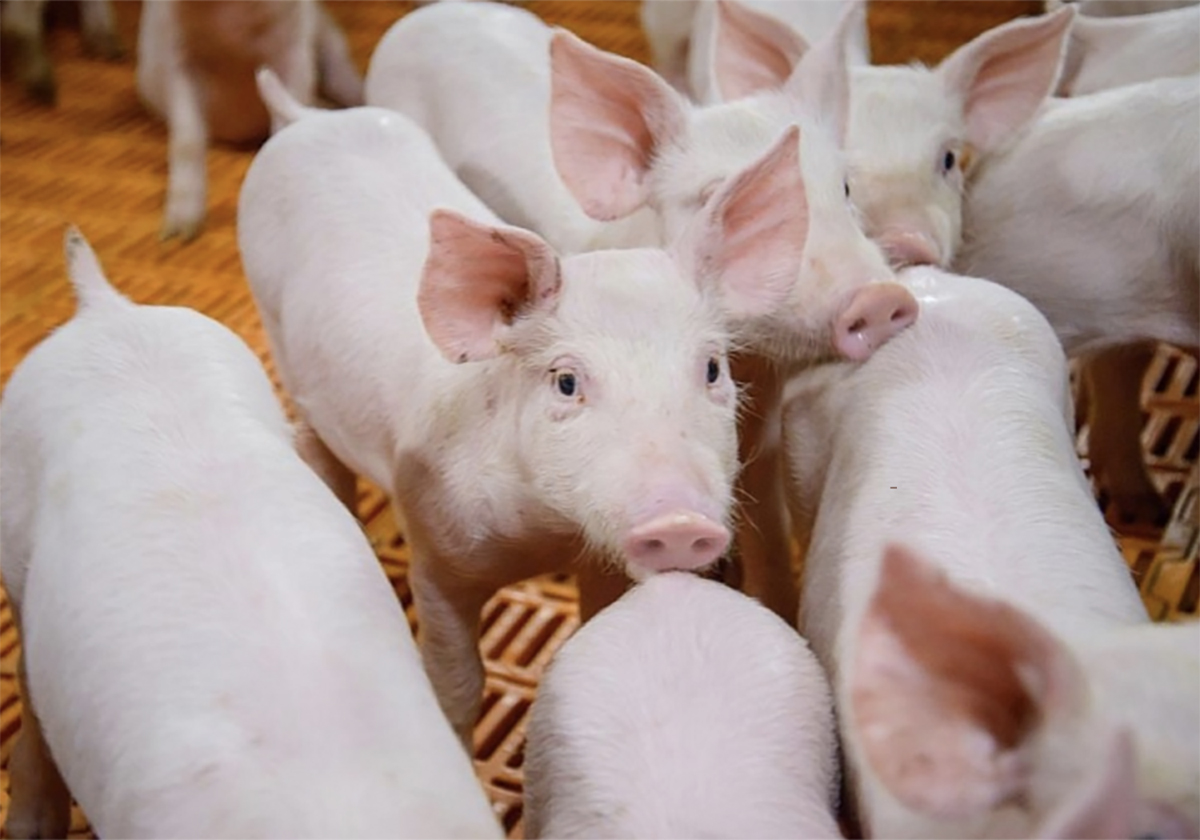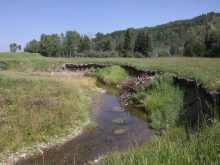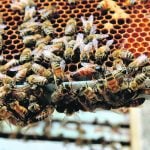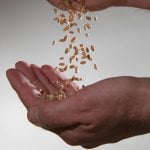Canada could suffer losses of more than $30 billion if foot-and-mouth disease swept through the livestock industry.
Loss of international trade would be the most serious problem, said a Canadian Animal Health Coalition study.
In 2001, this country exported 275,000 tonnes of beef and 636,000 tonnes of pork. Confirmation of a contagious disease like foot-and-mouth, or FMD, would halt all exports immediately.
The study is the first stage of a readiness plan urged by the coalition to protect the economy and the livestock industry in the event of an animal disease epidemic.
Read Also

The Western Producer Livestock Report – August 28, 2025
Western Producer Livestock Report for August 28, 2025. See U.S. & Canadian hog prices, Canadian bison & lamb market data and sales insights.
“We want people to realize what it would look like if we had an outbreak,” said Matt Taylor of the coalition.
“The example we looked at was FMD, but there are other risks that could cause a similar risk.”
That could include feed contamination or a new, unknown disease.
“It’s difficult to predict the probability (of an outbreak). We have been successful for 50 years in keeping FMD out of an environment in Canada where it could move further,” said Taylor.
The study examined costs for disease control and losses to primary farm production, the processing sector, tourism and other non-agriculture businesses. Control costs include surveillance and detection, disposal of dead animals, vaccination programs, humane slaughter and feed disposal costs.
The coalition plans to distribute the study to at least 30 provincial commodity groups, Senate and House of Commons agricultural committees and other industry players.
The best plan of attack is keeping diseases out of the country. Beef and pork producers need to determine what levels of biosecurity are appropriate to keep out disease.
“Both industries would be knocked for a loop due to their reliance on exports,” Taylor said.
Total revenue loss for beef and hogs is estimated at $4.2 billion and $3.4 billion respectively in a large scale outbreak.
The pork industry is somewhat better prepared because many farms already have high levels of biosecurity for disease protection, whereas most cattle operations do not.
The poultry industry should be aware that such a disease could also hurt its business.
Compensation for losses is limited because government programs can only handle one to three percent of the losses. Many losses may not be covered.
Livestock prices for cattle and hogs would drop dramatically at the early stages of disease detection.
A small scale outbreak affecting 50 herds could shut Canada out of the export market for about five months and it would take two years to recover for an estimated loss of $8-$13 billion.
A medium scale outbreak of 325 herds would exclude Canada for six months, but recovery of lost markets would take up to four years at a cost of $24.8 billion.
A large scale outbreak of 1,500 cases would result in a trade embargo of at least 10 months and recovery of seven years. Net economic impact is estimated at $32 billion.
On the farm level, large operations with annual revenues over $500,000 tend to be less diversified and would be less able to withstand an FMD infection.
“An FMD outbreak could quite likely result in the elimination of the small percentage of highly leveraged but larger operations that would in turn permanently reduce the production capacity of the Canadian livestock industry,” said the report.
Processors would also shut down with widespread job loss and market share. Some plants could permanently close.
American owned companies may be able to withstand some of the impact, but the report assumes that if Canada has the disease, the United States would likely be infected as well.
There is no compensation available to processors.

















